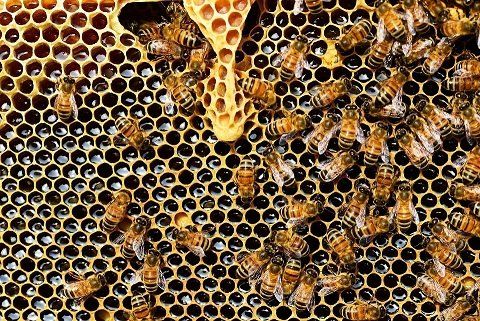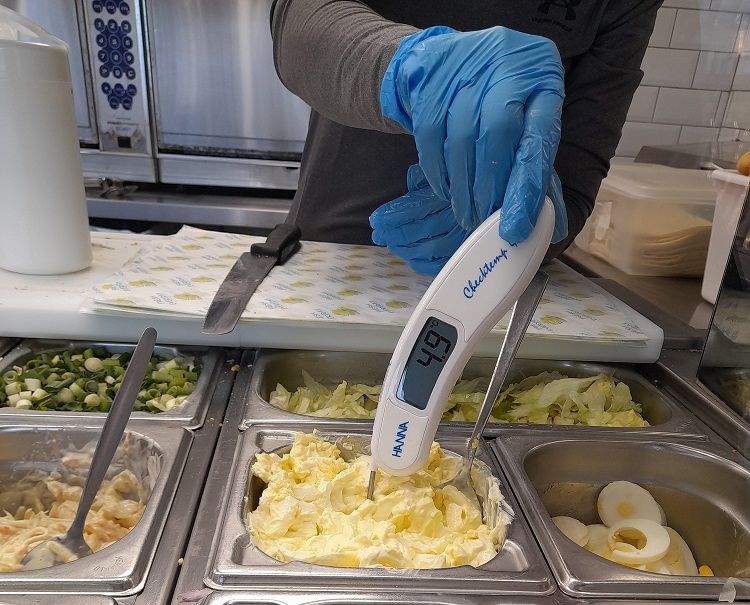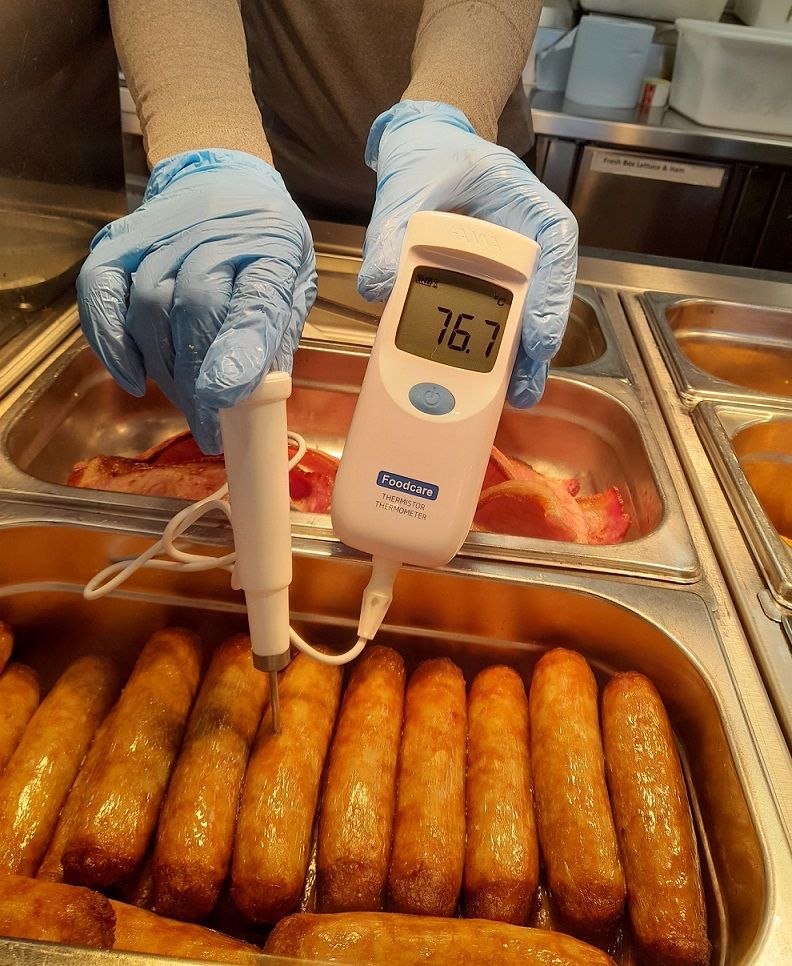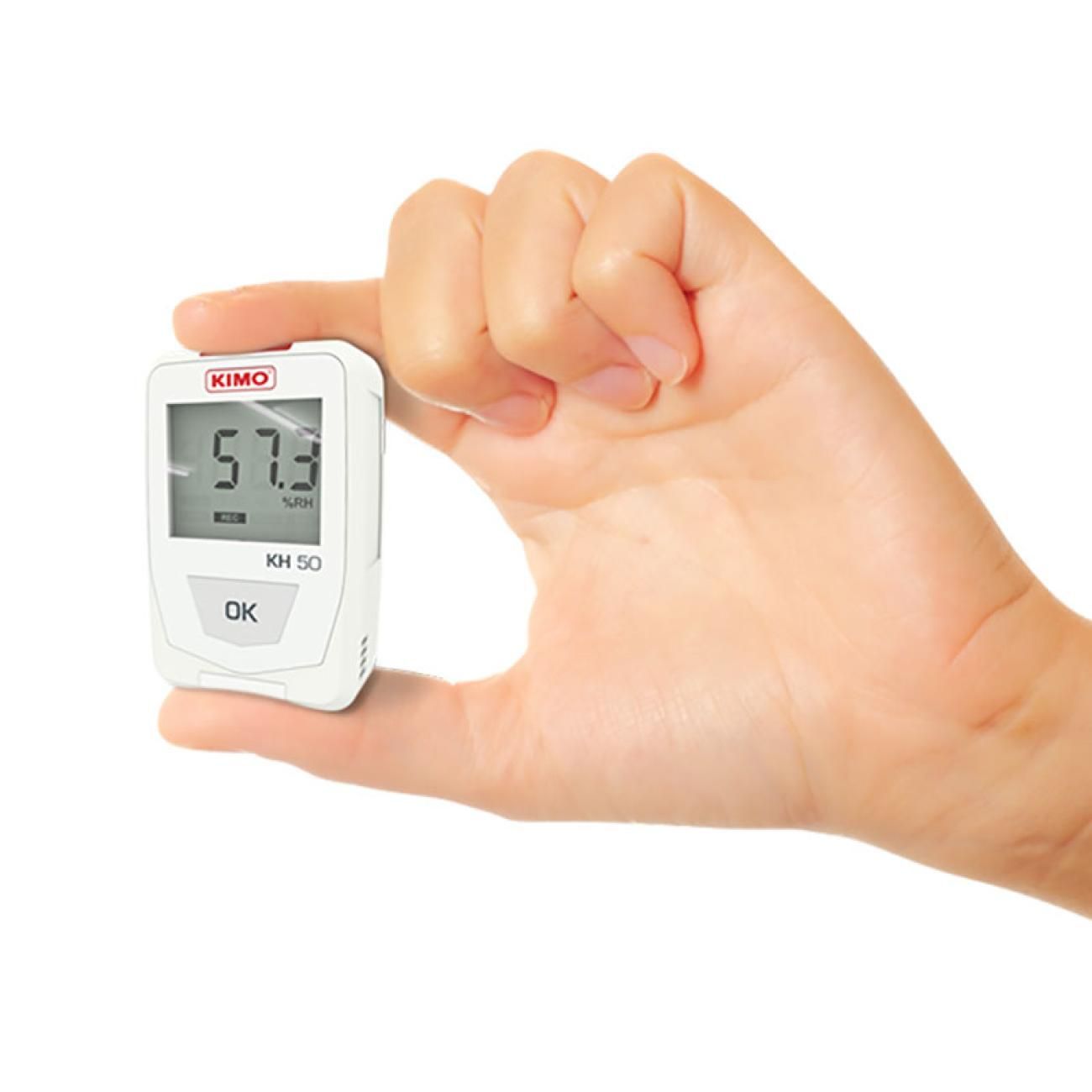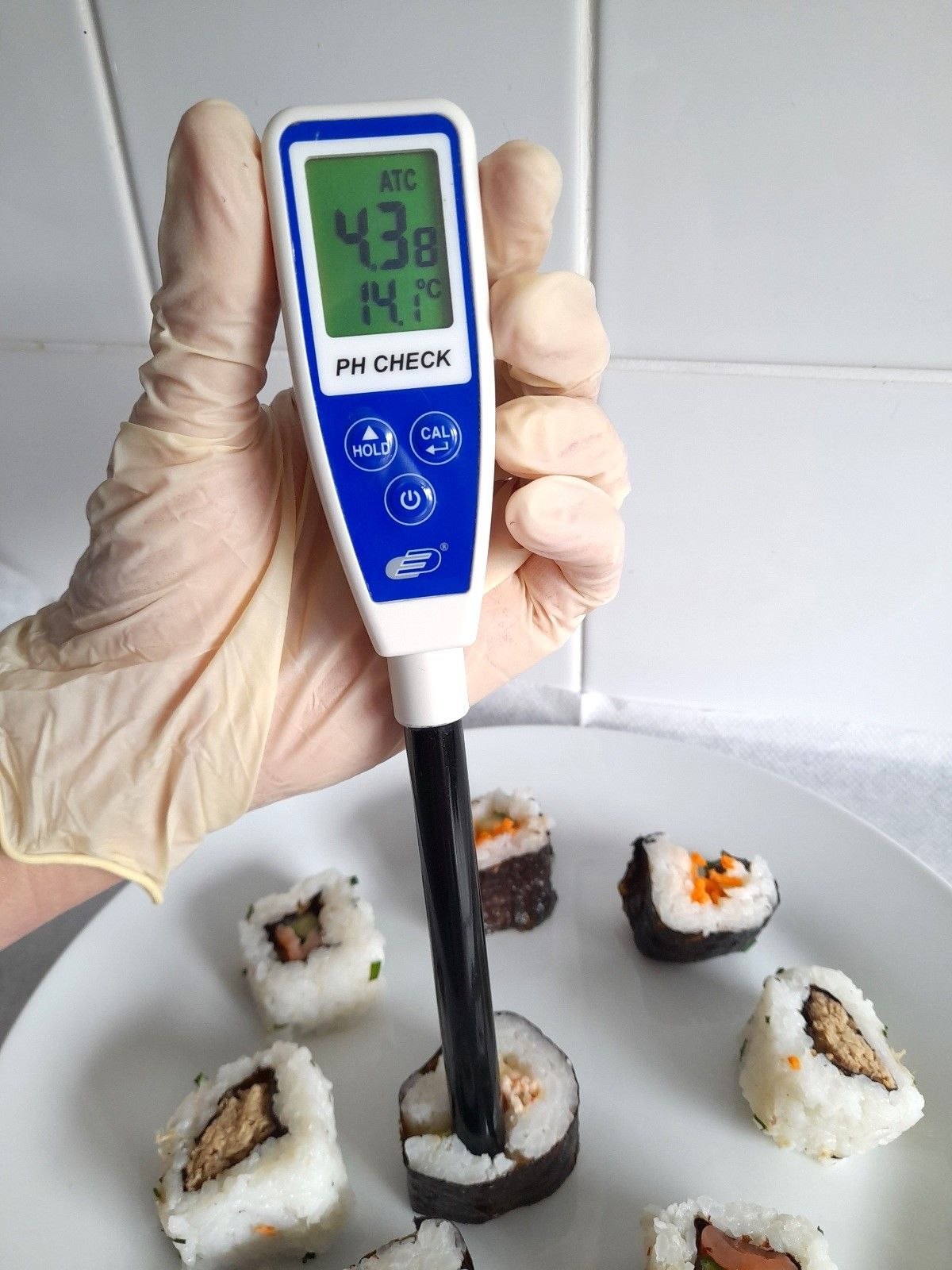21 July 2021
To Bee or Not To Bee? - The Importance of the Honey Bee and how they maintain certain body temperatures
Why are bees so important to humans?
Bees are very important to humans and our ecosystems. They pollinate our crops and plants which provide a valuable food source for both humans, insects, birds and animals. They are the best and most efficient pollinators in the entire world!
Honeybees are ‘superorganisms’ and in order to ensure their survival, honeybees must maintain certain body temperatures for both in the air and in the beehive cluster! Their survival rests on them regulating their temperature both in summer and winter.
Increasing Temperatures
Increased temperatures can affect the honey bee. To prevent overheating in the summer months, honey bees cool down by collecting water droplets to spread over the hive or cool down by fanning. If the internal temperature of the hive becomes too hot, the bees will gather on the outside of the hive.
Decreasing Temperatures
During the winter if the temperature of the hive drops significantly, the honey bees on the outside of the hive cluster remain still in order to provide an extra barrier of insulation. While the honey bees on the inside of the group continuously vibrate their flight/wing muscles which in turn generates heat. Bees often rotate these duties to regulate the internal temperature of the hive.Bees core body temperature can reach 44°C. Bees often rotate these duties and if their body temperature decreases to below 10°C, the bees can become paralysed as their muscles freeze! More information relating to this and the measurement of the body temperature of bees can be found by Anton Stabentheiner click here to read more https://journals.plos.org/plosone/article?id=10.1371/journal.pone.0008967
Interesting fact about Honey Bees and Hornets
When a hornet comes across a honeybee hive, the bees work together to lure the hornet into the hive. When inside the bees vibrate and flap their wings, increasing the temperature to around 47°C and increasing carbon dioxide levels. This rise in temperature and CO2, both major factors that lead to the death of the hornet which cannot withstand the high temperatures that the bees can.
Techris Systems have a full temperature and measurement range of equipment suitable for all industries that can measure and detect increasing or decreasing temperatures or CO2 levels.
Some products include food thermometers, data loggers, pH meters, and CO2 indoor portable air quality meters to monitor CO2 levels and indoor air quality.
Click here to view our range of food, restaurant and kitchen thermometers
Click here to view our range of fridge/freezer and transportation data loggers
Click here to view our range of CO2 portable air quality meters


